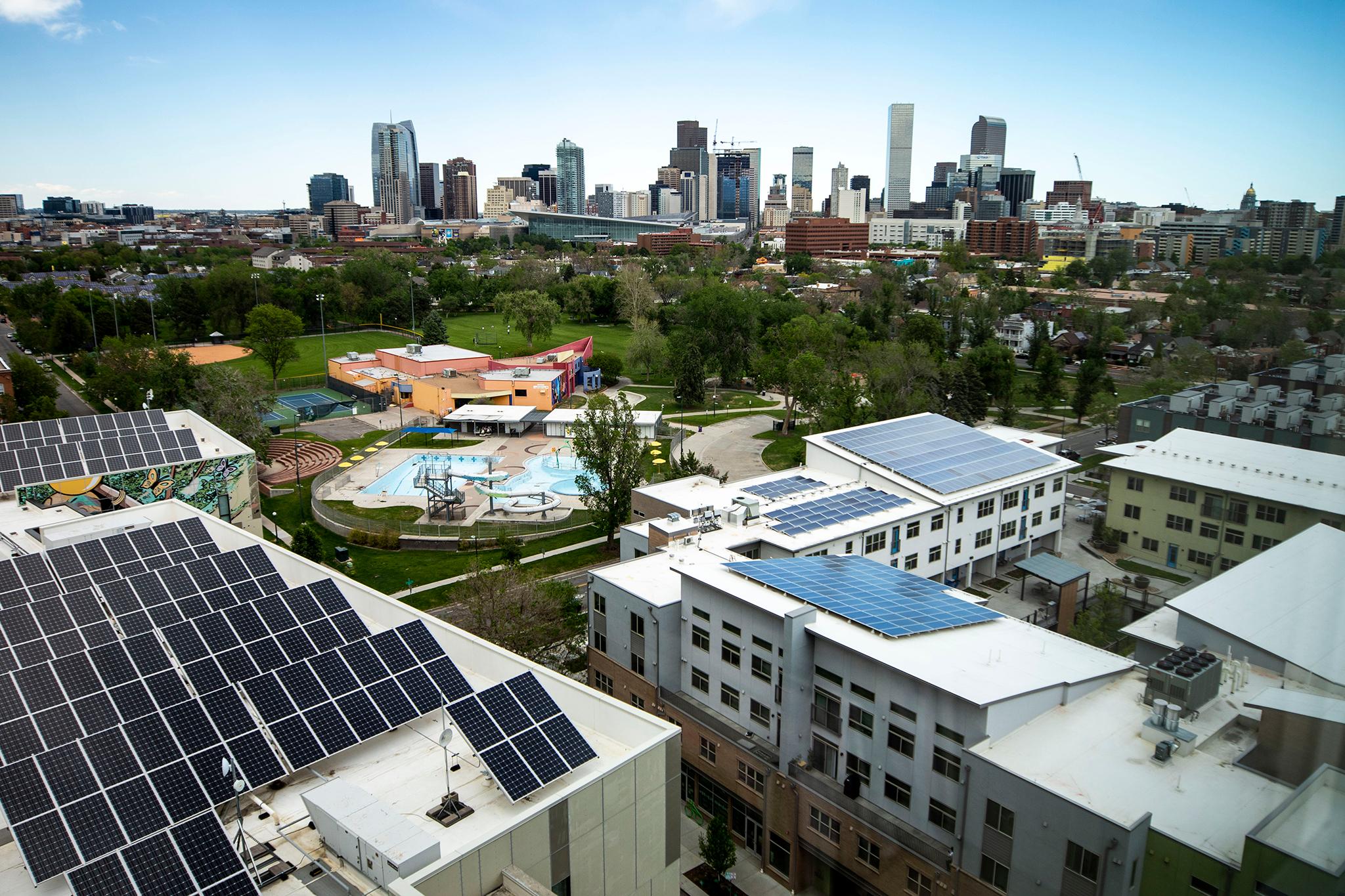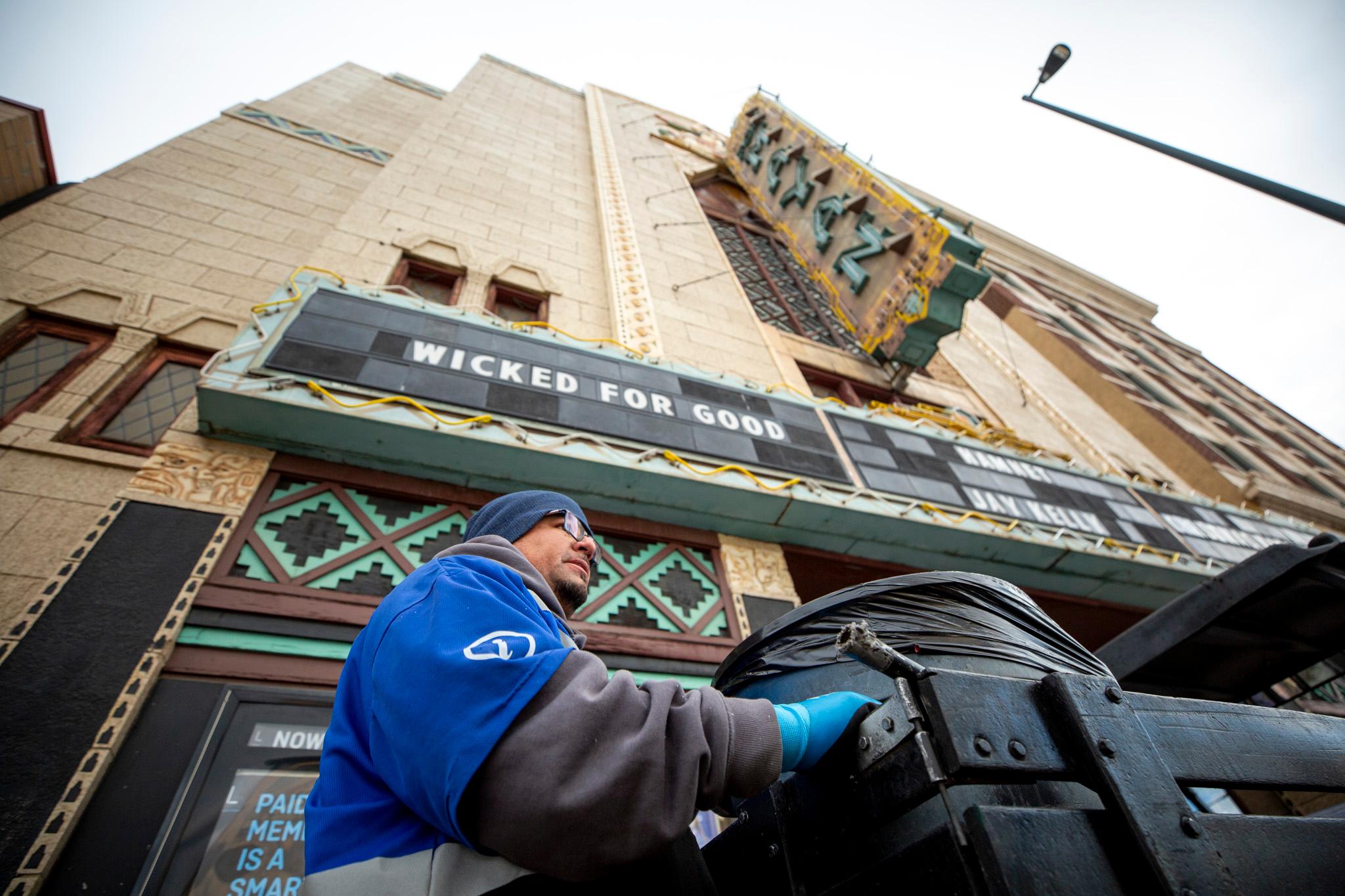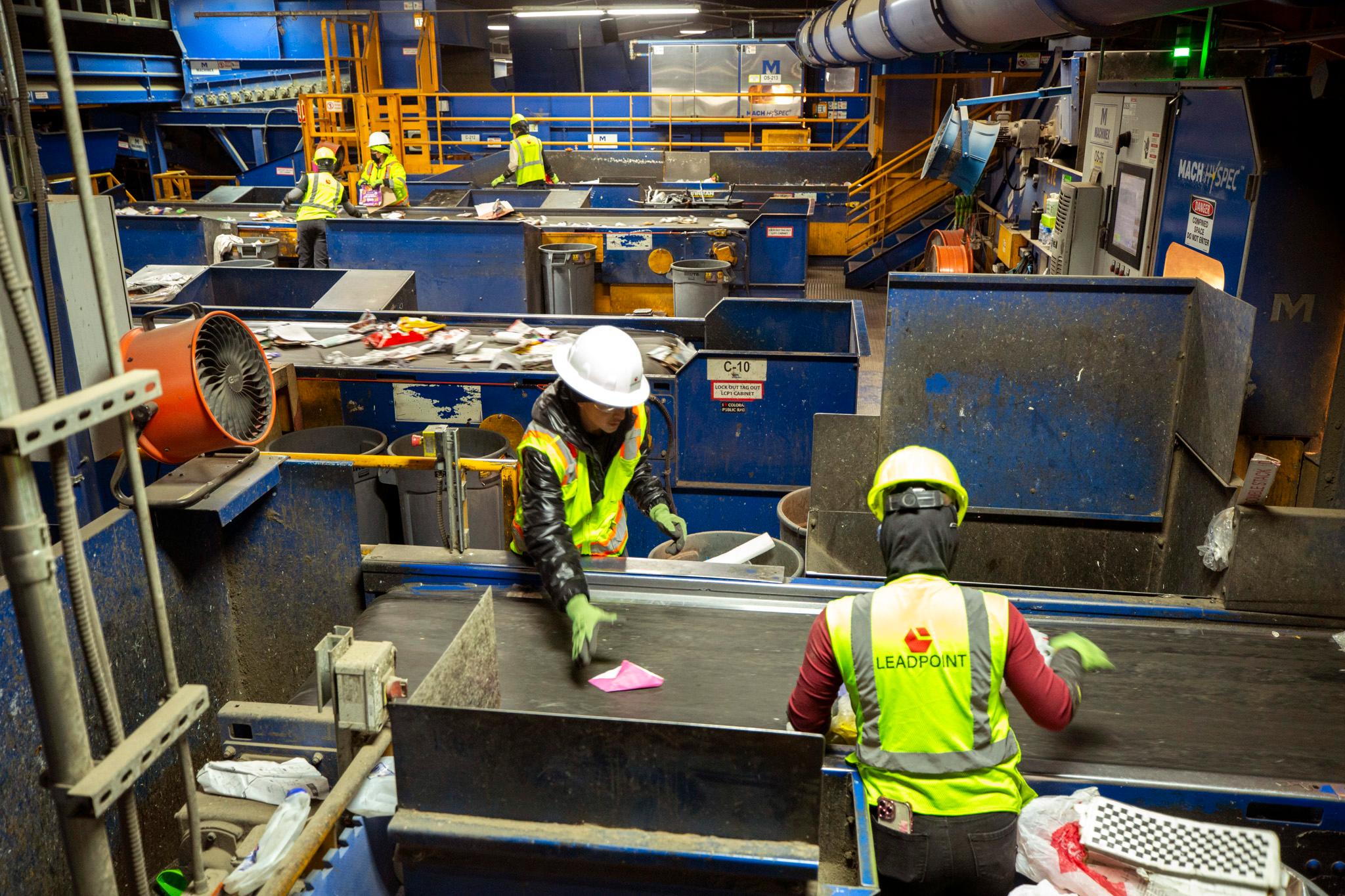There's no question about it: Denver's e-bike rebates are shockingly popular.
Since the program launched in April, the city has struggled to keep up with an overwhelming demand from residents. The frenzy continued when administrators opened applications for the second round of 2,000 discounts on Monday.
The system quickly melted down amid heavy internet traffic, leaving many hopeful e-bike riders with nothing but a lousy error message. Others were stuck in internet purgatory trying to verify their email addresses. Applications are now closed until August, while city employees help people sort through the technical issues.
But the high-voltage struggles weren't the biggest climate news of the day in Denver.
Later that evening, the Denver City Council approved a $41.4 million contract to accelerate efforts to shift large commercial and multi-family residential buildings away from fossil fuels. For a sense of scale, the city has budgeted $3 million for the first year of e-bike rebates. The deal deputizes Michaels Energy, Inc., an environmental consulting firm, to administer incentives to help property owners install electric heating, cooling and water heating systems.
Grace Rink, the head of Denver's Office of Climate Action, Sustainability and Resiliency, said the program pairs carrots with sticks. Last year, the city approved an ordinance requiring building owners to replace natural gas systems -- including things like water heaters or furnaces -- with electric alternatives when they reach the end of their service life.
"We want to support commercial and multi-family buildings with incentives to partially electrify space and water heating to help them comply," Rink said. "We'll also work with our most climate-vulnerable communities to design electrification incentives that will meet their needs."
If successful, the program could help Denver take a big step toward its climate goals. Data compiled by the city show large commercial and residential buildings account for half of its greenhouse gas emissions -- the largest share of any sector. Transportation follows as the second-largest source.
Electricity consumption accounts for most of those emissions, but that's expected to improve as Xcel Energy, Denver's power provider, rapidly adds wind turbines and solar panels to its grid.
Natural gas is a harder problem to fix. Methane, the fuel's primary ingredient, routinely leaks from drilling sites and pipelines. Even if it reaches stoves or furnaces, burning the fuel generates carbon dioxide emissions.
The contract is the largest for the city's climate office, which is funded by a .25 percent sales tax voters approved in 2020.











